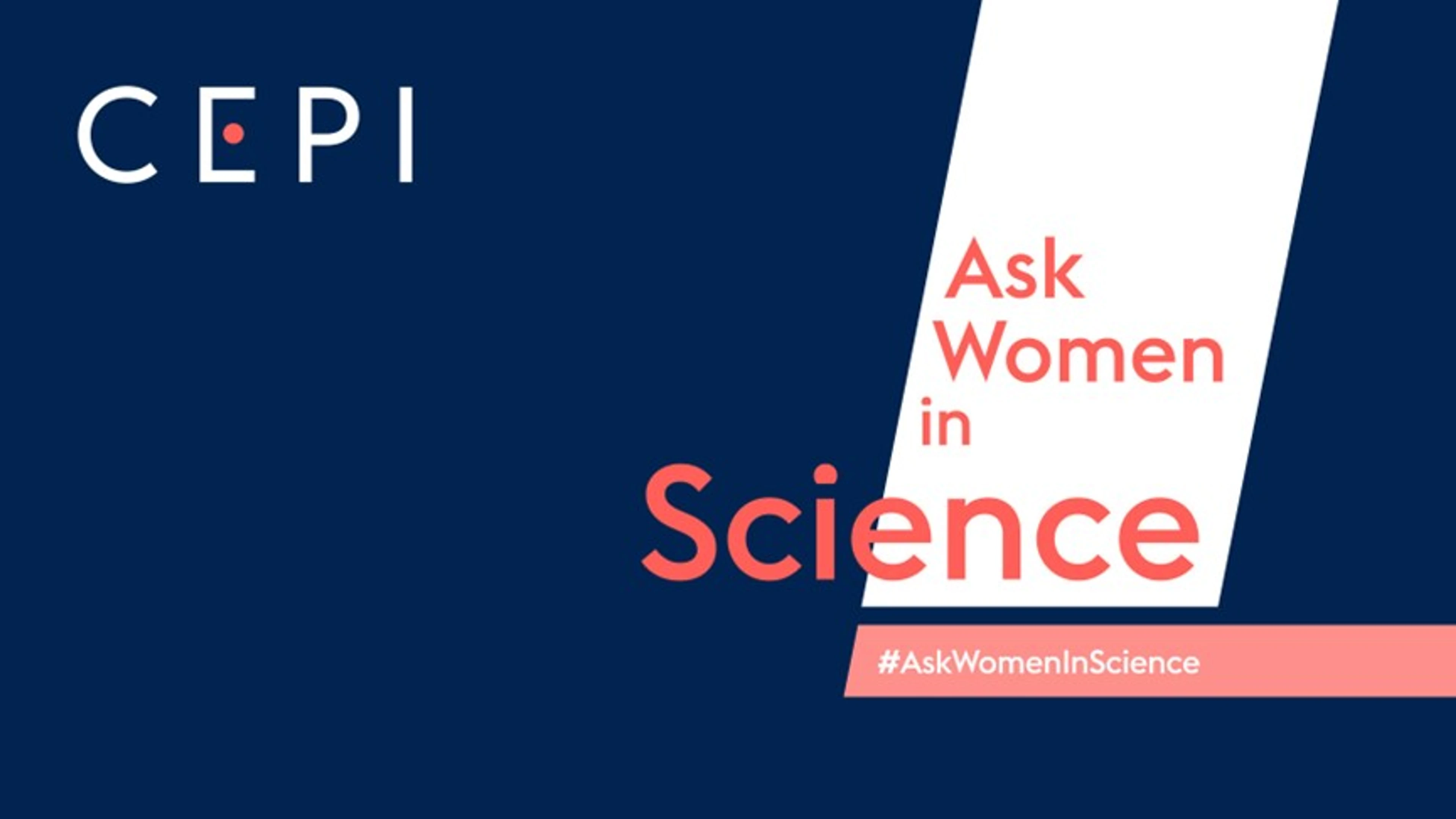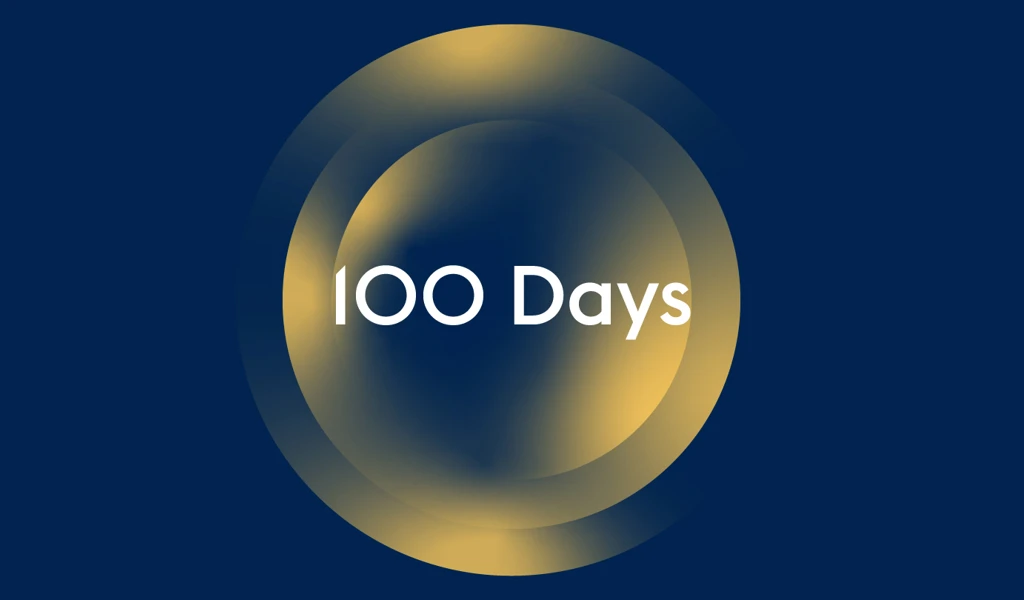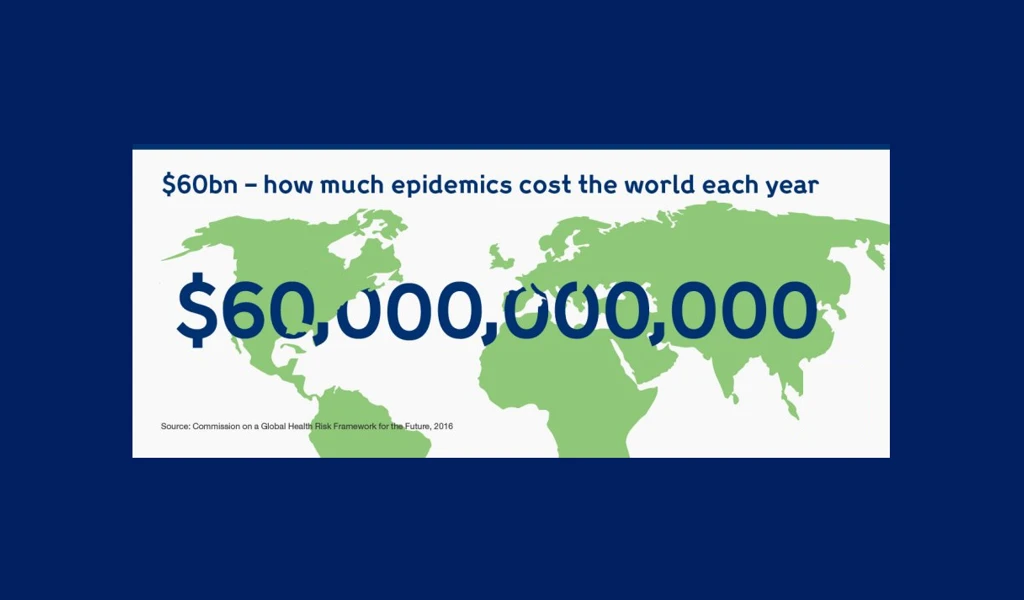To mark International Day of Women and Girls in Science, a selection of CEPI's women scientists will be on hand to answer questions from aspiring girl and women scientists
The CEPI team will be available to answer questions about what it is like to be a woman at the cutting edge of vaccine science, how to get into and get on in science as well as pass on some of the knowledge they have gleaned from their careers across academia and the public and private sectors
#AskWomenInScience aims to spotlight the crucial role of women in science, support aspiring girl and women scientists and advocate for greater gender equality
Answers will be shared on Twitter and LinkedIn on International Women's Day, March 8
Feb 10, 2023; Oslo, Norway: Today, on the eve of International Day of Women and Girls in Science, the Coalition for Epidemic Preparedness Innovations (CEPI) launched their #AskWomenInScience campaign, which will spotlight the crucial role of women in science while advocating for greater gender equality in science. Aspiring girl and women scientists are invited to submit their questions about what it is like being a woman at the cutting edge of vaccine science.
How to get involved
CEPI is welcoming questions across a broad range of topics: from what their proudest achievement is, their route into science, to the barriers they've had to overcome during their careers.
Questions can be submitted via CEPI's social platforms (@CEPIvaccines and LinkedIn), using the hashtag #AskWomenInScience, between Feb 10 and Feb 21.
A selection of the questions will be answered by a group of CEPI's women scientists and shared across CEPI's digital platforms on International Women's Day, 8 March.
Need for gender equality in science
The gender imbalance in science is striking - according to the UN, just 30% of science researchers identify as women. Through the #AskWomenInScience campaign, CEPI hopes to open a dialogue around this issue whilst also answering some of the most burning questions that aspiring girl or women scientists will have.
Women have long played a key role in advancing science, including in the field of vaccinology. From the likes of Rosalind Franklin's work to understand the structure of DNA, Mary Montagu's work to pave the way for the first smallpox vaccine, to Dame Sarah Gilbert, who led the research behind one of the most widely used COVID-19 vaccines: women have played a crucial role in shaping humanity's understanding of science. But they still face many challenges in getting into science in the first place. Only around a third of the world's researchers are women. That needs to change.
Note to editors
About CEPI
CEPI is an innovative partnership between public, private, philanthropic, and civil organisations, launched in 2017, to develop vaccines against future epidemics. Its mission is to accelerate the development of vaccines and other biologic countermeasures against epidemic and pandemic threats so they can be accessible to all people in need.
Prior to COVID-19, CEPI's work focused on developing vaccines against Ebola virus, Lassa virus, Middle East Respiratory Syndrome coronavirus, Nipah virus, Rift Valley Fever virus and Chikungunya virus — it has over 20 vaccine candidates against these pathogens in development. CEPI has also invested in new platform technologies for rapid vaccine development against unknown pathogens (Disease X).
CEPI has played a central role in the global response to COVID-19, supporting the development of the world's largest portfolio of vaccines against SARS-CoV-2 and its variants with a focus on speed, scale and access, as well as co-leading COVAX, the global initiative to deliver fair and equitable access to COVID-19 vaccines. CEPI is also the world's leading funder of R&D for broadly protective coronavirus vaccines which could protect against future variants of COVID-19 as well as other coronaviruses with epidemic and pandemic potential.
CEPI has embarked upon an ambitious US$3.5bn five-year plan — called CEPI 2.0 — to dramatically reduce or even eliminate the future risk of pandemics and epidemics. Central to the plan is CEPI's goal — supported by the G7 and G20 — to compress the time taken to develop safe, effective, globally accessible vaccines against new threats to just 100 days. Achieving this ‘100 Days Mission' would give the world a fighting chance of containing a future outbreak before it spreads to become a global pandemic. Read the plan at endpandemics.cepi.net/
Follow our news page for the latest updates. Follow us @CEPIvaccines, @DrRHatchett, and LinkedIn.
Media Contacts
Email: [email protected]
Tel: +44 7387 055214

.webp)

